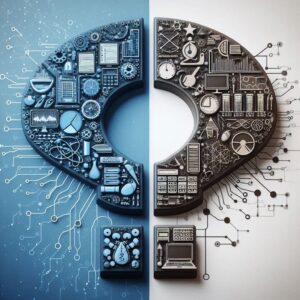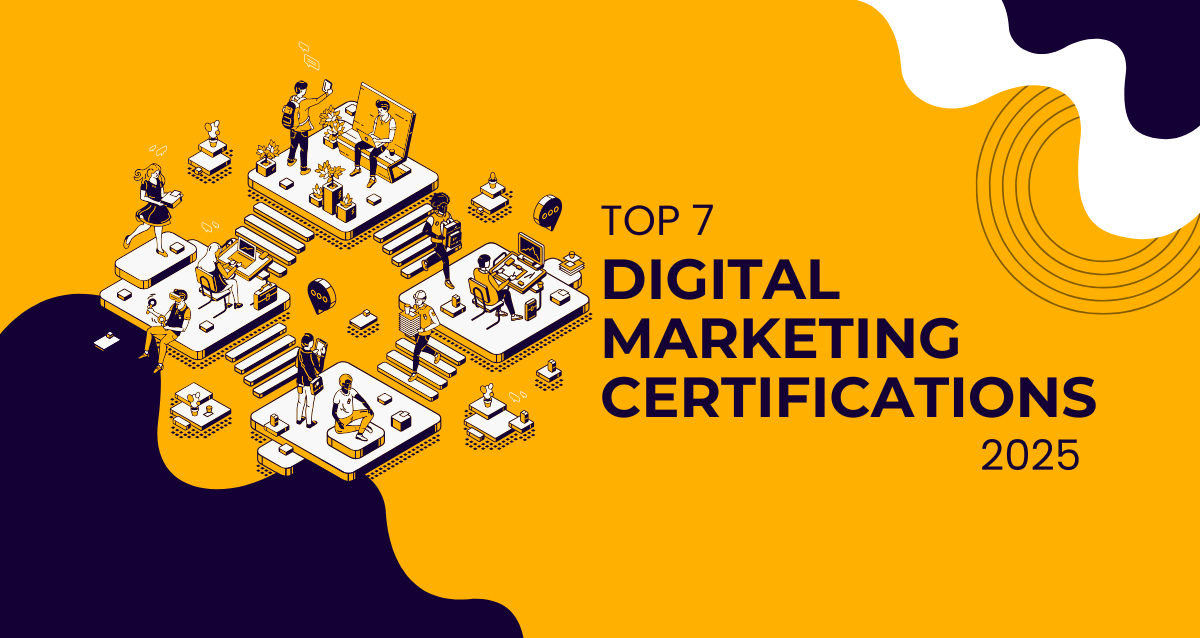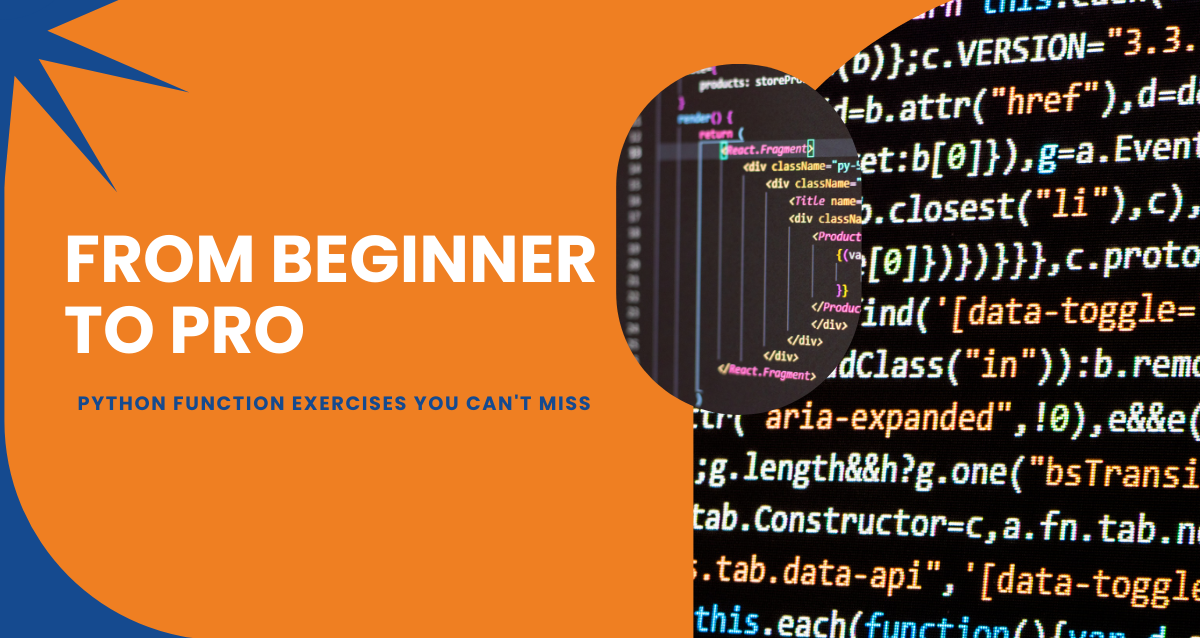
 5-Nov-2024
5-Nov-2024
Let’s say that we are having a friendly discussion about workplaces, what to choose and how to choose between the two interesting career opportunities you are interested in, Software Engineering and Data Science. We can talk about career growth and what is on the horizon for each, and which track you should consider to go on. Let’s break down some real-deal insights to help you decide.

People can argue over which has a larger career potential, Software Engineering and Data Science, but all agree both are going to be in high demand in the near future, the difference however is in the daily work activities.
Software engineers can be compared to builders in the construction field. They are the ones who make the applications people use, hence creating a program is just one of the many applications a software engineer can do. A program, a mobile application, or a computer application or middle-ware application used in businesses, software engineers designed it. They write the code, design the software and test them for functionality, usability and security issues.
Data Scientists, on the other hand, are more like detectives of data. They turn incomplete data into information discerning factors which can be helpful in time or provide answers to sound structures and business decisions. This area of concentration is strictly concerned with data and its application for making business operations more effective.
In conclusion, those individuals who enjoy coding, making applications, or solving puzzles and challenges can consider themselves fit for software engineering. But when it comes to numbers, statistics and finding meaning in data, data science could be your sweet spot.
Now, let’s analyze some skills required for every field chosen by Engineering students as a career.
For software engineering, the center of attention is simply coding. Several programming languages are employed, including Java, Python, C++, C, C#, C3 Javascript. The course will also cover system design and the software development life cycle – in simple terms, the ability to imagine and take a newly formed idea through its entire existence. Everything revolves around development – creating solutions and attempting to make them permanent.
Some data science knowledge requires a bit of coding too – let’s say Python and R, but this is all centered around more advanced knowledge such as statistics or data visualization, and machine learning. Other analytics tools are used by data scientists such as SQL for database management, or Tableau to create and display graphs. The key skill? Analytical abilities. Patterns in data will need to be explained and predictive models frequently employed to anticipate patterns and trends, which really, requires statistics or math.
Thus, if coding is something which interests you or rather it makes you happy, software engineering could work for you. But if you find yourself to be more immersed in data and find patterns hidden deep within the numbers, then data science would be more to your liking.
Let’s cut the academic mail and get down to the kind of power you’d need in terms of your education.
For most software engineering positions, a candidate with a bachelor’s in computer science can usually be let in through the door. These engineers tend to pick up various skills on the job by attending a coding boot camp, undertaking an internship, or personal projects including but not limited to self-learning. A few go for some industry-specific certification, mainly regarding AWS or Azure, but it is not a requirement. What is more important is practical knowledge and experience with a good amount of work on one’s portfolio.
On the other hand, data science tends to be a tad bit more stringent in academics. While a bachelor’s program is perfect for those starting off as basic data analysts, a master’s in either data science or statistics gets one advanced position and roles that are mostly developed around machine learning. This is the case because many data scientists have advanced degrees as the components of the field include a lot of practical skills such as statistics and the algorithms of machine learning. In addition, engaging on tangible projects can also help you craft a portfolio that validates your abilities towards analysis.
Therefore if for instance, you are not in a rush to join the field, then software engineering would be ideal for you. However, should you not mind a few more years of cost, and wish to diversify with a specialism in data analytics, then you would be best placed studying for data science.
Both fields have great potential in employment opportunities. Let’s Analyze this further.
Software engineers employment opportunities are enormous as there is almost every industry that makes use of software in one or several ways. Be it in a finance company or a healthcare provider, developers are required to build and maintain systems that will enable these companies to run their operations. In the software engineering field, tremendous job growth can be expected for the coming decade, particularly as the Bureau of Labor Statistics predicts nearly a 22% growth is likely between the years 2020 and 2030.
Data scientists are equally in high demand, especially for organizations that require data in making strategic business decisions. In industries ranging from technology to finance, healthcare, and retail, being data-driven is becoming increasingly significant. Data scientists’ job market is predicted to expand at a quicker rate than that of software engineers, partly because data-related competencies are narrower and more difficult to acquire.
In terms of salary, both areas are well compensated, however, data scientists may have a slight upper hand due to higher competencies in machine learning and statistics. Be it in the US, the average salary for a software engineer is $100,000 or thereabout, and even higher figures in tech centers. Instead, many data scientists earn a bit more than the rest, right from $120,000, and even more for those in predictive modeling or machine learning.
This one is very critical: picture yourself in your workplace.
Software Engineers do not work in isolation. Most times, the software engineer works as a member of an organized team following Agile or DevOps practices. Expect coding, debugging, cooperating with designers and other engineers, and numerous other tasks. If you enjoy working on projects which take months to complete, structure and an overall plan included, you may be quite comfortable in its focus on software engineering.
Data scientists, on the contrary, are usually employed in research oriented employment. They perform close to repetitive tasks of independent data exploration, model creation, and result analysis. Although collaboration in teams is commonplace for them in many instances like reporting their outcomes to superior divisions, data scientists tend to have greater self-management in their daily activities.
If you prefer collaborative work and step-by-step execution of processes, software engineering may be the branch for you. But if you like research oriented tasks, solving problems and working with data, you may try your luck in data science.
It’s really difficult to choose between data science and engineering but there is one thing that is very sensible: work on things you have a passion for and excel in.
Choose Software Engineering if you enjoy programming, like to construct and develop custom applications, and take satisfaction in rendering tangible products used by the masses.
Choose Data Science if you are a numbers person, have an eye for pattern recognition, and appreciate the thought of aiding organizations in leading on facts rather than opinion.
All pathways are equally gratifying as trained people are needed in those fields and they also pay very well, so whichever way you are looking, it is great. Another thing to keep in mind is that the best career path is the one which makes you feel good and suits your abilities. Spend enough time understanding the aspects that you consider fun and the rest will follow!


19-Sep-2025


9-Sep-2025


14-Aug-2025